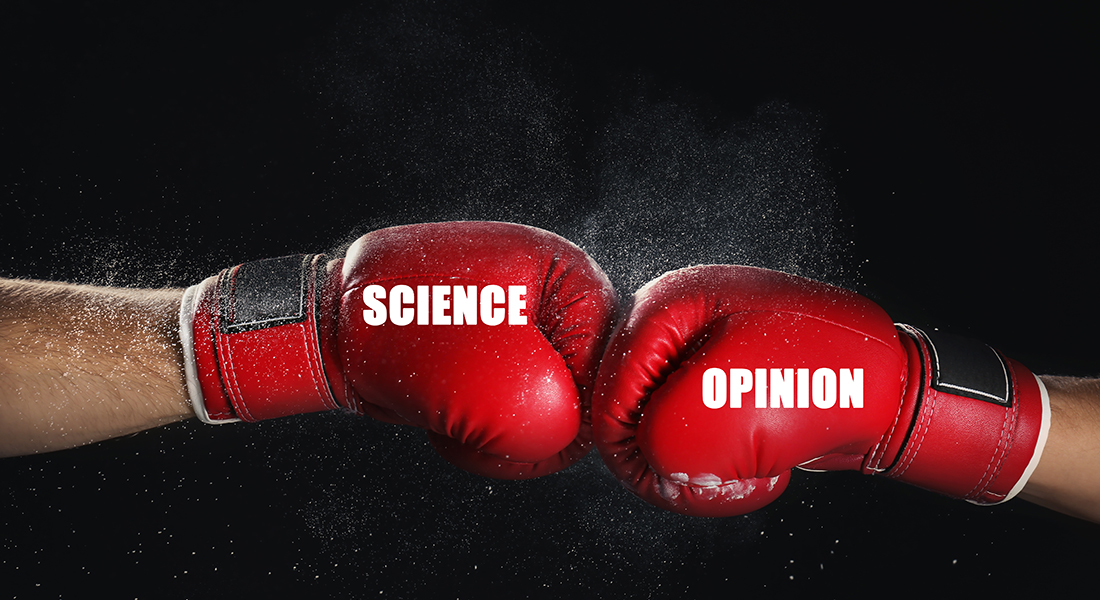
15 Jun When Consultants Collide
Reading Time: 3 minutesBy Stephen E. Fauer
If science is empirical, why do environmental consultants often disagree with one another? To some, science-based disagreement is perplexing. But to people on opposite sides of a commercial or industrial real estate transaction, such disagreements are common. Why does it happen and what does it mean?
The Essence of Science
Science is based on data. Normally, data is gathered by using standardized procedures that, ostensibly, if replicated, will produce a consistent result. In New Jersey, where ESA and many other environmental consultants operate, what we do is mostly dictated by Licensed Site Remediation Professionals (LSRPs). The rules that govern our actions are codified by the New Jersey Department of Environmental Protection (NJDEP), whose regulations are among the strictest in the country. One might therefore assume that the data generated by ESA would be readily accepted and agreed upon by other environmental consultants. But that is not always the case.
Whose Side are You On?
In a commercial real estate transaction, ESA may be hired to represent either the buyer or the seller of the property. When ESA represents the buyer in a transaction, our goal is to protect the buyer from inheriting an environmental liability they did not create. Thus, it is incumbent upon ESA to identify any perceived inadequacies with environmental work performed on the property. Conversely, when ESA performs environmental services on behalf of the seller, sometimes the buyer’s consultant will assert that ESA has not done an adequate job. These differences of opinion can cause a deal to fail. However, when ESA represents the seller, if we are contracted to do any necessary environmental work in advance of the sale, before a buyer sets foot on the property, such disagreements are virtually eliminated.
How Do You Identify Bad Science?
ESA has had occasion to work on projects where bad science has been employed. From ESA’s perspective, bad science can manifest in a variety of ways. Sometimes, the other party’s LSRP does not fully understand the Technical Requirements for Site Remediation (N.J.A.C. 7:26E), New Jersey’s important guidance document that tells us what to do in almost every conceivable situation. In that case, ESA will point out the deficiency. Sometimes, the other party’s LSRP is conservative, following the technical requirements to the letter. That can be bad because the NJDEP grants LSRPs latitude whereby they can use professional judgement when rendering decisions. More often than you might think, ESA has modified the “required” work by exercising professional judgement, saving clients time and money. Other times, the science itself is insufficient. For example, ESA has worked on several cases where other consultants, based on the science at hand, have advised the disposal of vast amounts of soil. But in many cases, by using alternative strategies like compliance averaging or Thiessen polygons, ESA has been able to drastically reduce the volume of soil requiring disposal, ultimately reducing project costs.
The Folly of Relying Upon Prior Closure Documents
Sometimes consultants rely on a previously issued closure document. While prior closures are great, they may no longer be valid. Former letters of No Further Action, Affidavits of Negative Declaration issued pursuant to the Industrial Site Recovery Act (ISRA), and even Response Action Outcomes (RAOs) issued pursuant to the Site Remediation Reform Act (SRRA) may no longer be valid. In one recent case, after a property in Newark was issued an RAO, a buyer hired ESA to perform due diligence. The prior consultant missed an underground storage tank, throwing the deal into turmoil.
Conclusion
Do opposing attorneys always agree? No, of course not. That is why real estate deals are always negotiated. You might think that, when dealing with something empirical, like science, that a lot of these disagreements can be avoided. But, as shown, variability still exists. And being a good scientist isn’t enough. Environmental consultants need to understand the technical requirements intimately well, and they must then be able to present a compelling argument to the NJDEP in order to defend their position. In this industry, such tussles cannot be avoided. Buyers and sellers both need to retain the services of a highly competent environmental consultant to ensure their side prevails in the event of a scientific difference of opinion.



